Poverty in Nigeria remains multidimensional; FG needs support: NBS
Adeyemi Adeniran, the statistician-general of the federation, has called on stakeholders to take action to eradicate poverty in Nigeria.
Mr Adeniran, the National Bureau of Statistics (NBS) CEO, said this at a stakeholders’ technical dialogue on the ‘operationalisation of the Multidimensional Poverty Index (MPI) as a policy tool in Nigeria’ in Abuja on Thursday.
He said results from the 2022 MPI survey showed Nigeria has 133 million citizens living in multidimensional poverty despite its vast resources and potential for exponential growth.Mr Adeniran stated, “The MPI has given us a clear picture of what is happening in Nigeria. It has shown us that poverty in Nigeria is not merely a lack of income but a deprivation of health, education and living standards. It is a daily struggle for clean water, adequate nutrition, safe housing and quality education for all genders and demography. But we have an opportunity to change the situation we are in.
“We can no longer afford to look away. The MPI report has highlighted critical areas that demand our attention. It has illuminated a clear path for strategic recommendations to lift millions out of poverty. We need your support and your contribution can turn these recommendations into reality.”
Mr Adeniran noted that the common fund basket used from 2021 to 2022 to conduct the MPI survey was empty, and he called for adequate funding for the proposed programmes.
He said, “The urgency we need to put in place programmes and projects to eradicate poverty is very urgent now. Every second we delay to tackle this poverty, another child loses their chance for a better life, and another family struggles to make ends meet.
“Our collective action is crucial in changing this narrative. Investing in these programmes is an investment in the future and our testament to our shared vision of a Nigeria where every citizen can live in dignity and opportunity.
“We call upon you all present, international donor agencies, international and national development banks, philanthropists, business leaders, policymakers and every Nigerian who believes in the power of hope. Please be the catalyst that transforms vulnerability into strength and that can change poverty into prosperity.”
The Canadian high commissioner to Nigeria, James Christoff, said an essential step to responding to poverty in Nigeria was to integrate a gender perspective into data collection.
(NAN)

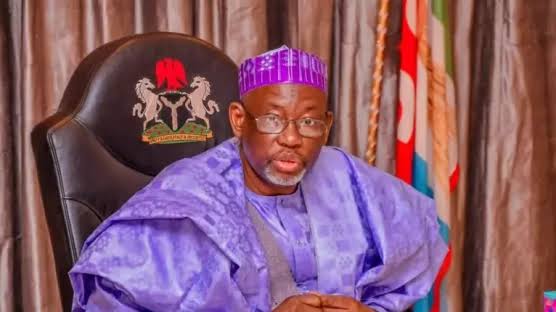
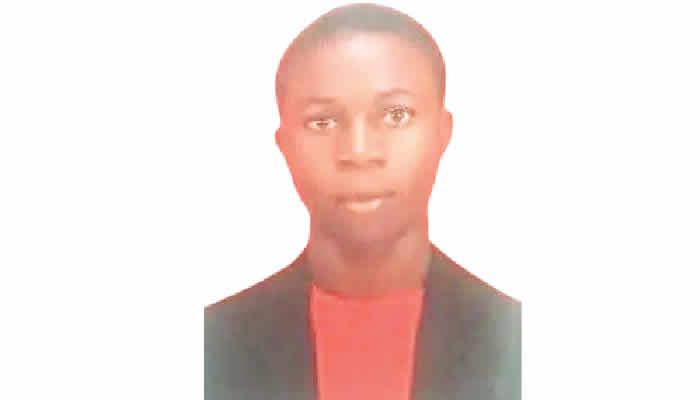
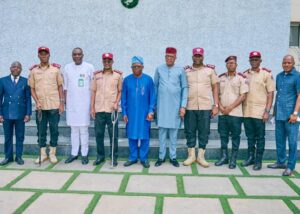
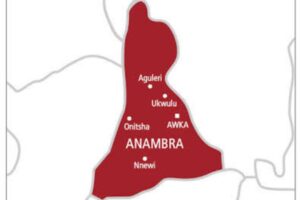



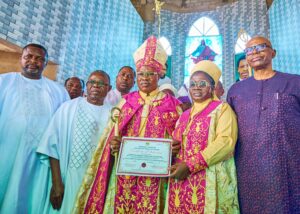

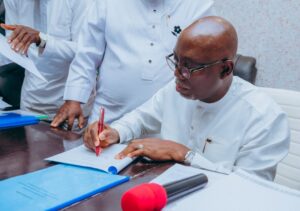

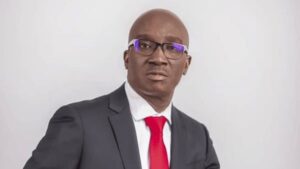
Post Comment